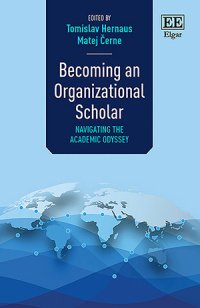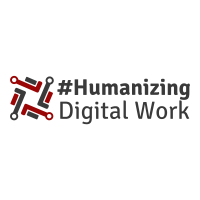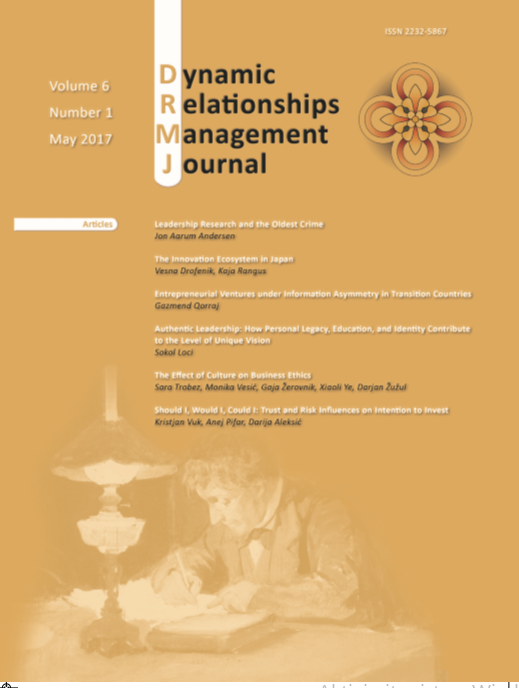Doing conferencing right, in my view, is never mainly about your specific presentations. Of course those are also important. It's about having an open mind, listening, learning, embracing different ways, cultures, customs.
And most importantly - meeting people, reconnecting with friends and collaborators, making or deepening meaningful connections, sparking ideas and most definitely: having fun together!
This year's hashtag#CarCon2024 - Academy of Management Careers Division Community Conference, organized by Vrije Universiteit Amsterdam (VU Amsterdam), delivered on all aspects. It was a platform for talking about our #Humanizing Digital Work e-Wanderlust cross-country data collection project on digital nomads: https://lnkd.in/dHm9eAtm, and for my amazing University of Ljubljana, School of Economics and Business PhD students Amadeja Lamovsek, Maša Košak, Jure Andolšek, Blaz Abe to present their work - for the latter three, this was their first international academic conference ever!
Special thanks to Dr. Evgenia Lysova for making us aware of the conference in the first place a while ago, but even more for keeping us very happy and entertained




 RSS Feed
RSS Feed
